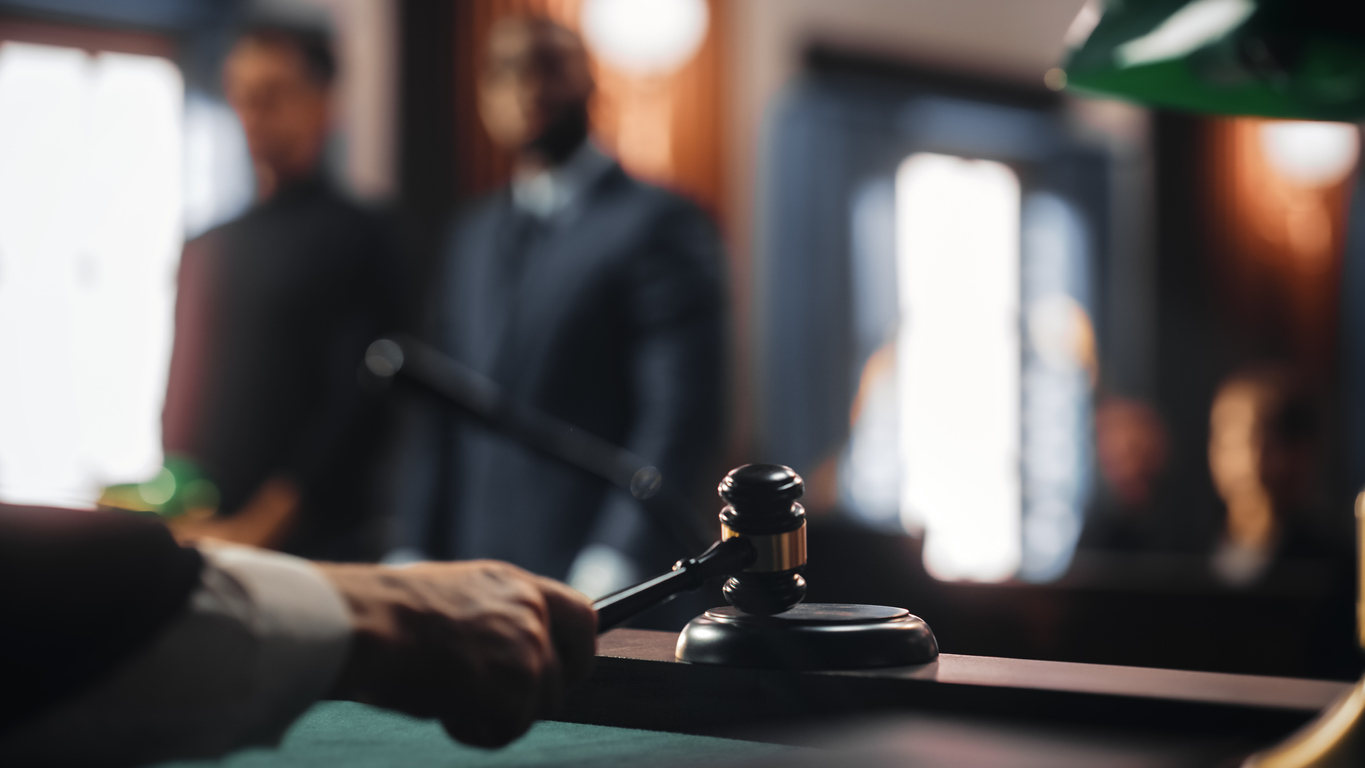The Steps of a Criminal Trial

Every criminal case goes through certain steps in court, from the very first hearing right up to the verdict. Knowing how a trial works and what to expect along the way can make a big difference in how you experience the process. Learning about what happens after you’ve been detained and arrested can make the situation feel a lot less overwhelming.
Arrest and Initial Appearance
A criminal case usually begins with an arrest. Within about 48 hours, you will go before a judge for an initial appearance. At this hearing, the judge tells you what you are accused of, explains your rights, and decides about bail or release.
Indictment or Information
For serious felonies, the first step is the grand jury, where it’s determined if you will be indicted and arrested. The grand jury hears evidence and decides if there should be a formal charge.
Preliminary Hearing
If the charge is a felony, there is a preliminary hearing, usually within a month or so after the arrest. The prosecutor must show enough evidence to prove there is probable cause for the charges. If the judge is not convinced, your case could be dismissed at this stage.
Arraignment
At your arraignment, the judge tells you the official charges. You will have to enter a plea of guilty, not guilty, or no contest. If you plead guilty or no contest, the court may go straight to sentencing, but most people plead not guilty at this stage.
Pre-Trial Motions
Both the defense and the prosecution can ask the court for certain things in the weeks or months before trial. For example, your lawyer may file a motion to suppress, requesting that some evidence be excluded or even seek to have certain charges thrown out. It’s also a common time to negotiate with the prosecutor about resolving the case.
Trial
If your case goes to trial, voir dire (jury selection) occurs if it’s a jury trial. Then, the prosecutor and defense present evidence, question witnesses, and make arguments.
Opening Statements
The trial starts with both sides giving opening statements. The prosecutor and defense lawyer each tell the jury what they believe the evidence will show. This is not the time for full arguments, but more like an outline of the facts each side thinks will come out during the trial.
Presentation of Evidence
After opening statements, both sides present their evidence. The prosecutor goes first, bringing in witnesses and showing physical items, photos, or documents to prove the charges against the defendant.
The defense then has a turn to do the same, trying to challenge the prosecutor’s case or show another version of what happened. Both sides can question the other’s witnesses.
Closing Arguments
Once all the evidence is in, both lawyers give their closing arguments. This is their chance to tie everything together, highlight important evidence, and explain why the judge or jury should see the facts their way. The jury listens to these final statements before going off to decide the verdict.
Sentencing
If you are found guilty, sentencing happens next. The judge looks at the type of crime, your record, and any other facts that matter before deciding on your punishment. Sometimes this happens soon after the verdict, and sometimes it takes a few more weeks.
Appeals (if Applicable)
If you believe something went wrong at trial, you may have the right to appeal. This involves a higher court reviewing the decisions made in your case. The appeal process can add months or longer to your case, depending on what is reviewed and how complex the issues are.
Contact a Birmingham Criminal Defense Lawyer At Jaffe, Hanle, Whisonant & Knight, P.C. Today
Understanding how the trial process works can make defendants’ lives a little bit easier, as they know what to expect going forward. The best step you can take is to get help from a legal professional who has experience handling your type of case. Contact us today to schedule a free consultation with a criminal defense lawyer.
For more information, contact an experienced Birmingham Criminal Defense attorney at Jaffe, Hanle, Whisonant & Knight, P.C. for a free consultation.
We proudly serve clients in Birmingham and all throughout Alabama.
Jaffe, Hanle, Whisonant & Knight, P.C.
2320 Arlington Ave S, Suite 100, Birmingham, AL 35205
(205) 930-9800
